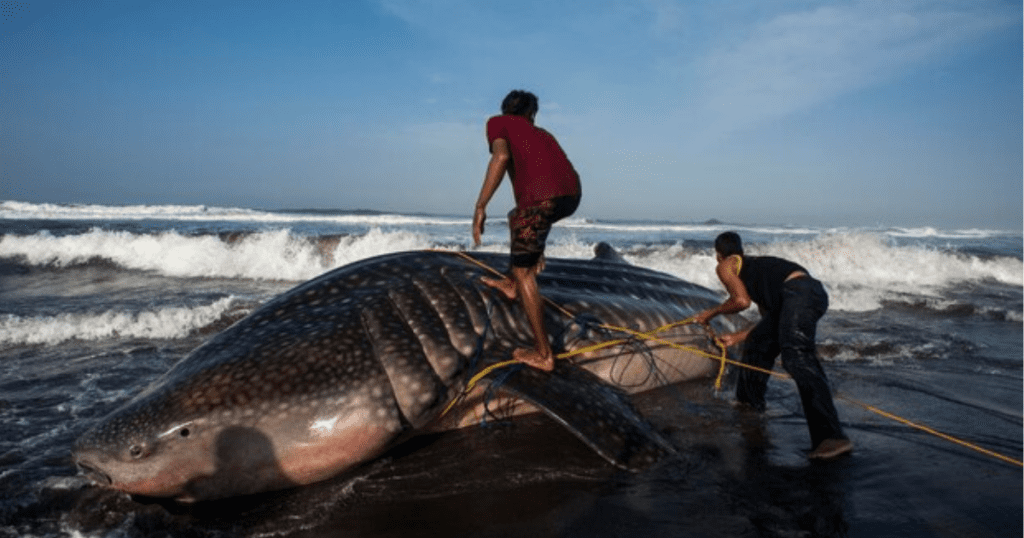The Role of Marine Research in Whale Conservation
The mysterious encounter with the giant whale, however, sharpened the point on why marine research and conservation matters. As researchers and conservation scientists, they had a feeling that their efforts were much more than writing about a behavior; instead, they were advocating for the protection of marine ecosystems. That’s why that little interaction of the boat with the whale reminded us how every encounter with marine life provides an opportunity to learn about and contribute to preserving the habitats of these marine species. The balance in these ocean ecosystems, with the whales being a big player, is increasingly disrupted due to climate change, pollution, and overfishing. This anomaly encounter also symbolized the fragile state of the oceans and the need for increased conservation efforts.

Over the years, scientists have been working hard to understand the behaviors and migratory patterns of whales. However, every new discovery – whether it is about whale songs, feeding habits, or their relationships with other marine species – brings out the complexity of these animals and the intricate web of life they are part of. The experience with the persistent whale deepened the commitment of the team to safeguarding these creatures, reinforcing the idea that every whale is an ambassador for the entire marine ecosystem. If more science about whales and their activities is done, it gives a better understanding of ocean health and promotes policies to defend the creatures and their places of residence.
After they thought about the encounter they had with the whale, the research team planned further initiatives to enhance their conservatory work. Their objective was to increase public awareness in making it clear that whales need populations and habitats. They realized that public engagement and education were critical in developing a more sustainable relationship between humans and the oceans. If there was one clear takeaway from the mysterious whale encounter, it was that the future of whales—and marine life, in general—hinged on continued commitment to scientific research, education, and advocacy.





